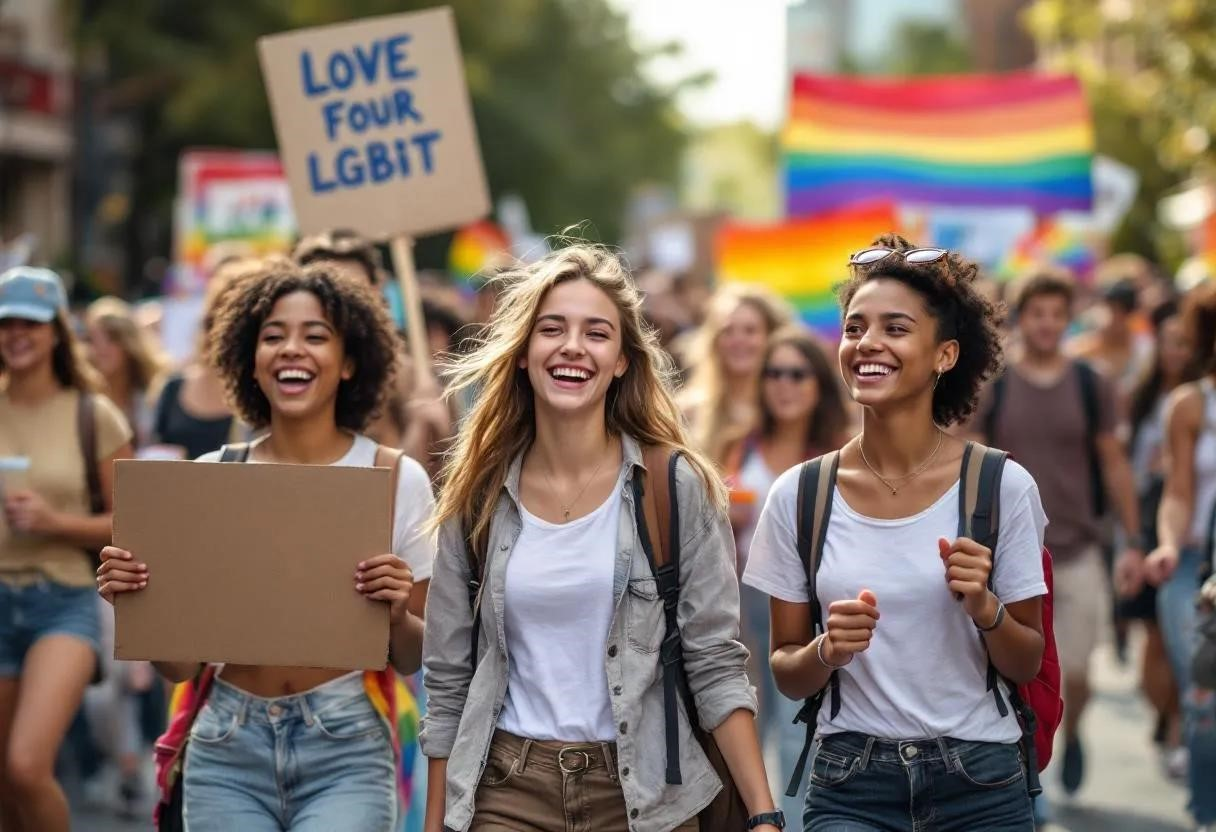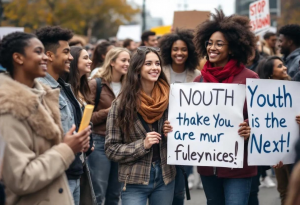
“Walang sinuman ang dapat iwanan.” It’s a Filipino saying that translates to “No one should be left behind,” and it’s a sentiment that should guide our approach to supporting LGBTQ+ youth. For years, I’ve worked with young people, especially those figuring out who they are. I’ve seen the hurdles they face, but also their incredible strength and how much acceptance can change things.
The reality is tough. LGBTQ+ youth deal with mental health issues, bullying, and discrimination way more than their peers. Studies show they’re at a higher risk of suicide. These aren’t just numbers; they’re our kabataan (youth), our future. We have to do better by them.

Why Support Matters: It’s More Than Just Saying “Okay”
Supporting LGBTQ+ youth is about more than just tolerating them. It’s about actively showing them they belong and creating spaces where they can truly thrive. Here’s what that looks like:
- Mental Health: They need access to mental health services that get them. Many therapists just don’t have the training to understand the unique challenges LGBTQ+ youth face. This can lead to wrong diagnoses or treatments that don’t work.
- Safe Spaces: Think schools, community centers, online groups – places where they can connect, find resources, and be themselves without fear.
- Inclusive Policies: We need to push for things like gender-neutral bathrooms and anti-bullying policies in schools. It makes a difference.
Family: The Ultimate Foundation
Honestly, the biggest impact comes from family. Research proves it: when parents accept their LGBTQ+ kids, their mental health improves. It sends a powerful message: you are loved, you belong.
I remember Ben, a young trans man I worked with. At first, his parents struggled. They were confused, worried, didn’t know what to do. But they loved Ben. They found resources, went to support groups, and learned. Eventually, they became his biggest cheerleaders. Seeing their journey, their willingness to learn and grow… Nakakataba ng puso (heartwarming).
If you’re a parent, here’s how you can help:
- Listen. Really listen: Create a space where your child feels safe sharing.
- Do your homework: Learn about LGBTQ+ identities and issues. Tons of resources are out there.
- Use the right name and pronouns: It’s a simple act of respect that means everything.
- Be their advocate: Stand up for them when they face prejudice.
Educators and Mental Health Pros: Stepping Up
Teachers and mental health professionals are crucial. They can create inclusive classrooms, offer resources, and provide affirming counseling.
Educators can:
- Use inclusive language: Instead of “boys and girls,” say “students” or “everyone.”
- Bring LGBTQ+ topics into the curriculum: It normalizes things and promotes understanding.
- Be an ally: Speak out against bullying.
- Provide resources: Make sure students know where to go for help.
Mental health professionals need training in LGBTQ+ affirming care. They need to understand the specific challenges and the impact of stigma on mental health.
Policy and Laws: A Constant Push and Pull
The fight for LGBTQ+ rights is far from over. We’ve seen progress, but also setbacks. Some states protect LGBTQ+ youth, while others pass laws that restrict their rights. It’s confusing and often scary for young people.
Here’s what we need to do:
- Support anti-discrimination laws: These laws protect LGBTQ+ people from discrimination in housing, employment, and public accommodations.
- Fight discriminatory legislation: This includes laws that restrict access to gender-affirming care or allow businesses to discriminate.
- Advocate for inclusive school policies: Policies that protect LGBTQ+ students from bullying.
The Bottom Line: A Call to Action
Supporting LGBTQ+ youth isn’t just about being “nice.” It’s about saving lives. We need a world where all young people can thrive, no matter who they are. It takes all of us – families, educators, mental health professionals, and policymakers.
So, what can you do? Start by learning. Listen to LGBTQ+ youth. Advocate for inclusive policies. And most importantly, let them know they are loved, valued, and supported. Magtulungan tayo (Let’s help each other). Together, we can build a brighter future for our kabataan.
Frequently Asked Questions (FAQs)
- What is gender-affirming care? It’s a range of medical, psychological, and social services that help transgender and gender non-conforming people align their bodies and lives with who they know they are.
- How can I be a better ally? Learn, listen, use inclusive language, and advocate.
- Where can LGBTQ+ youth find support? Organizations like The Trevor Project, GLAAD, and PFLAG are great resources.

